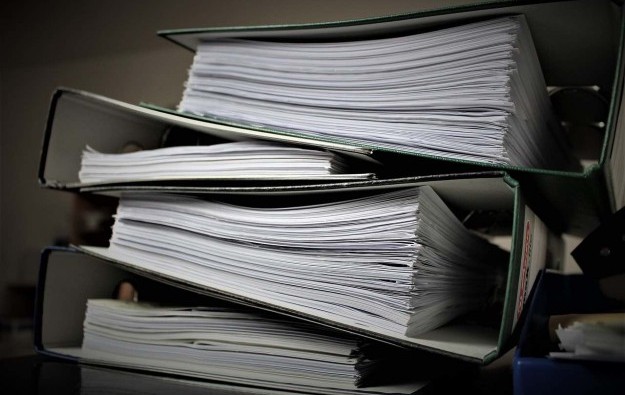
Macau’s draft “Law to Combat Gambling Crimes”, due to be discussed soon by the city’s legislators, has been presented by the Macau authorities as a contribution toward minimising the gaming industry’s exposure to criminal influence. But some clarifications would be helpful in order to assess its likely efficacy and overall intent, suggest gaming lawyers approached by GGRAsia.
The bill is an update to the city’s existing Illegal Gambling Regime, known as Law No.8/96/M, which as the title suggests, is nearly 30 years old.
“The amendments and additions suggested to the current law are advantageous for Macau and all parties involved in the gaming industry,” Macau-based lawyer Bruno Ascenção told GGRAsia.
This was because they can be seen to fulfil Macau’s overall commitment to keep the industry safe from criminal influence, as set out in the overall framework for the sector under the revised Macau Gaming Law established for the new concession system that began in January last year.
Lawyers Carlos Coelho and Francisco Leitão, of local law firm MdME, noted in comments to GGRAsia that the bill resolved a previous grey area, as it “expressly” covered under-the-table betting via the so-called multiplier, as well as online gambling. The legal proposal also seeks to support the efficacy of investigation work on gambling crimes, in terms of tools such as allowing “undercover” investigation by police to probe into these crimes, they added.
Nonetheless, António Lobo Vilela, a former adviser to the Macau government on gaming-related matters, expressed concern about a missed opportunity to create a “comprehensive” law to address potential criminal issues in the industry.
The bill “merely creates the crime of illegal online gaming operation – for games of chance or pari-mutuel [betting] – and, surprisingly, repeals the two crimes of gambling in an authorised place [of Law No.8/96/M], as well as repeals all crimes related explicitly to animal racing,” Mr Vilela told GGRAsia.
Macau’s only legal animal-racing activity currently is horse racing hosted at a Taipa course. It is a monopoly public concession granted to Macau Horse Racing Co Ltd, but will end from April 1.
Unaddressed issues
The draft bill does not address the topic of crimes that could potentially be applied to or actually committed by casino concessionaires, Mr Vilela stated.
“The essence of a criminal law is not only to repress crimes, but also to foster some preventive measures,” said Mr Vilela.
He added: “I believe a golden opportunity has been missed to pass a modern law on illicit gambling in line with the importance of Macau’s gambling sector.”
For the MdME lawyers, the new gambling crime bill does not address a legal vacuum relating to illicit currency exchange near or on Macau gaming premises – a recurrent issue flagged by the city’s police as a key security threat.
Mr Coelho and Mr Leitão stated in their joint opinion: “From a legislative standpoint it would be doable to criminalise such conduct, and the best opportunity to do so would be with the [draft] law,” but “it seems that was not the government position.”
Currently, such unauthorised money changing is an administrative infringement that could result in the payment of a fine and a publication of the sanction in newspapers.
There are also several areas in the bill that require more clarity in terms of wording and intended scope, said Mr Coelho and Mr Leitão.
They told GGRAsia: “It is unclear whether sports betting is encompassed within the limitation foreseen under [the bill’s] Section 7 – Illegal operation of online games of luck and change and pari-mutuel betting.”
The duo added: “This is because sports betting may be qualified as ‘lotteries’, i.e. ‘gaming activities offered to the public’ and not as pari-mutuel betting: the Macau SLOT concession expressly refers to sports lotteries – football and basketball bets.”
The MdME lawyers further stated: “It would be important to clarify this matter in order to protect the incumbent concessionaire of sports betting in Macau, and avoid illegal operation of sport betting.”
For his part, Mr Ascenção noted that in the draft bill, the Macau government had proposed the banning of any “operation, promotion and organising” of “online games of fortune and mutual betting”.
He stated: “Its wording regarding ‘promotion’ needs to be clarified, as the scope of agents that it may apply to could be extremely wide.”